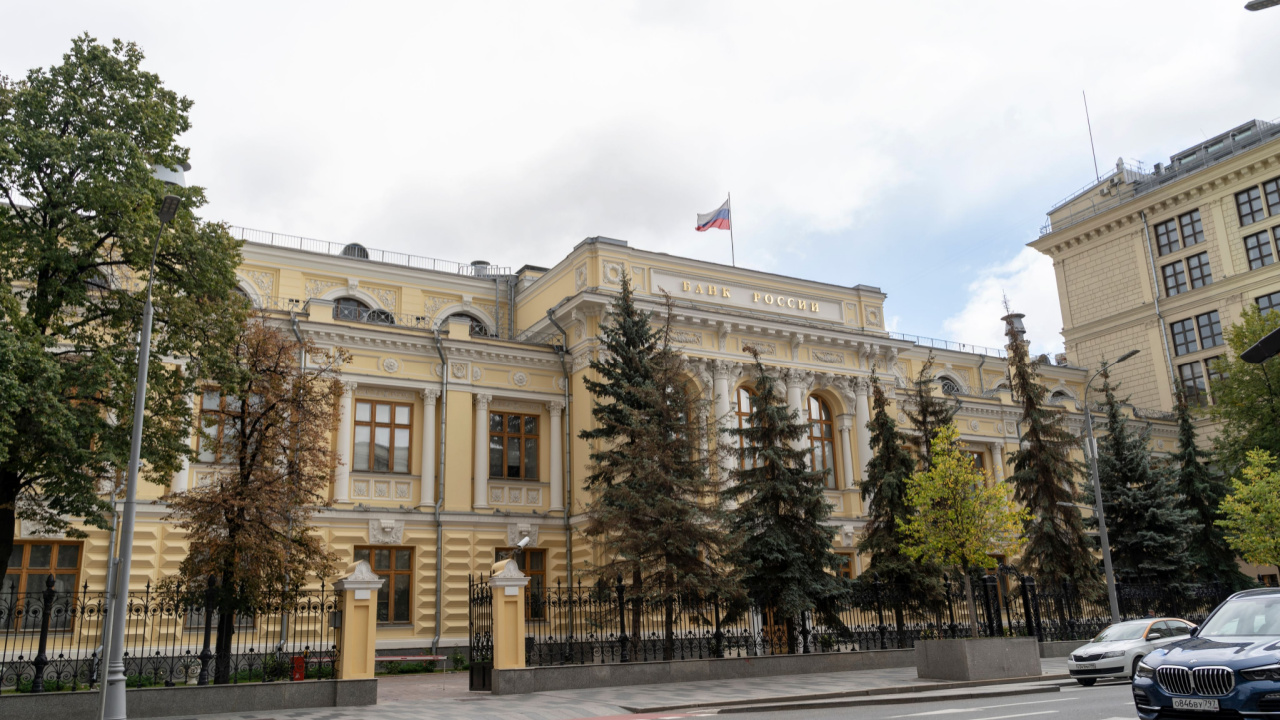
Long-term digital asset holders will be eligible for tax incentives from the Central Bank of Russia. This idea was circulated along with a paper consultation for public debates on the future of Russia’s digital assets market.
Bank of Russia discusses Regulation in New report on Digital Assets Market
Russia’s monetary authority has published a report on the future of the Russian digital asset sector. The document explores the development of the market for digital financial assets (DFAs) and utility digital rights (UDRs), and legal terms partially covering cryptocurrencies and tokens — those with an issuing entity, in particular.
According to the Central Bank of Russia, additional regulations will be needed in order to enhance the DFA framework as well as harmonize it and the existing rules that regulate the financial sector. This would improve investor protection and investment as well as increase liquidity, circulation, or even raise capital.
One of the areas reviewed in the consultation paper is taxation. Bank of Russia suggests tax incentives to investors who hold long-term DFAs/UDRs. It also proposes a similar tax scheme that would apply to individual investor accounts. The latter was introduced with the aim to attract citizens’ free funds to the securities market.
CBR considers that the proposal could create new opportunities and simplify digital asset and rights transactions, as well as reduce operational costs. The CBR notes, however that it needs to have additional conversations with market participants and relevant government institutions before these tax incentives are approved.
Russia’s Central Bank Pushes for Better Identification of Digital Asset Investors
Russian central banks also want to improve the procedures for identifying DFA holders. RBC Crypto quotes the regulator of monetary policy as explaining that such an improvement would permit foreign DFAs into the country’s market, allow it to adopt smart-contract regulations, and establish necessary accounting procedures.
CBR will be seeking input on other suggestions in the coming month, including the proposal to allow tokenization of assets like securities, bonds, precious metals and precious stones, as well as property rights that are non-fungible tokens and mortgage claims. Public discussions should also be held to discuss the possibility of listing digital assets via existing exchanges as well as digital asset transactions by intermediaries.
Russia is looking to improve its DFA regulatory system. The ongoing institutional debate about the status decentralized assets like cryptocurrencies continues for several months. Although the central bank had called for a ban on all crypto activity in January, the ministry of finance in Moscow later accepted that cross-border payments could be legalized. The change in its stance came amid increasing sanctions pressure over Russia’s invasion of Ukraine which started in late February.
Are you positive that the Russian government will offer tax incentives to digital asset owners? Please share your thoughts in the comment section.
Images Credits: Shutterstock, Pixabay, Wiki Commons, Ultraskrip
DisclaimerThis article serves informational purposes. It does not constitute an offer, solicitation, or recommendation of selling or buying products or services. Bitcoin.com is not a provider of investment, tax, legal or accounting advice. The author and the company are not responsible for any loss or damage caused or alleged caused by the content or use of any goods, services, or information mentioned in the article.